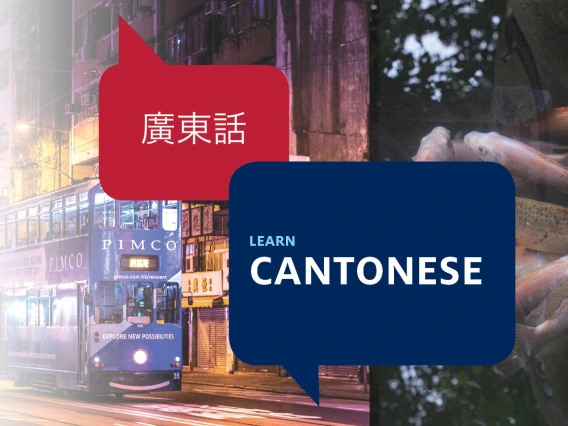
The Critical Languages Program is expanding into community classes, creating a non-credit opportunity to study less commonly taught languages.
The first course offered will be Cantonese, with a 10-hour, five-week course focusing on the language and culture launching Oct. 19. Two different sessions will be available, on Mondays from 4 p.m. to 6 p.m. and on Thursdays, from noon to 2 p.m. The course fee will be $200. For more information, email critlang@email.arizona.edu.
Next semester, the Critical Languages Program will expand to offer Korean as well, and future languages will be added based on community interest, says Director Jieun Ryu.
To introduce Cantonese and preview the course, CLP is offering a free one-hour online information session to both community members and university students. Register here for the online session, Tuesday, Oct. 6 at noon.
The introduction will include a brief history of how Cantonese developed, where it’s most commonly spoken today, a brief introduction on Cantonese romanization and tone, basic greetings and conversation, and fun facts about the language. Those topics and more will be covered in the full 10-hour course.
University of Arizona students have long been able to fulfill their foreign language requirement by taking Critical Languages courses, with about 300 students now enrolling each semester. Because of the program’s growth, a Critical Languages minor began in 2019.
Languages change by semester based on enrollment and requests. Current languages include: Cantonese, Danish, Hindi and Urdu, Kurdish, Modern Greek, Nahuatl, Norwegian, Scots-Gaelic, Swahili, Swedish, Tagalog, Thai, and Vietnamese.
Now, the Critical Languages Program is stepping up to fulfill a broader community need, Ryu says.
“When you learn a language, you learn how a culture thinks, so teaching these languages promotes intercultural understanding,” Ryu, says. “We’re pleased that we can now offer community members the same sort of small-group tutorial sessions that we offer for university students. We know there are eager lifelong learners in our community and making language and culture courses accessible is an important new program.”

